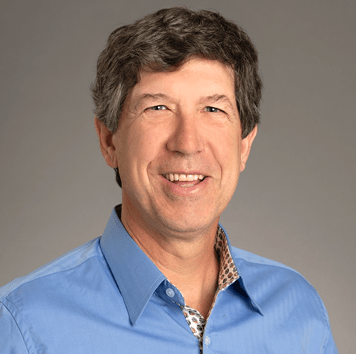
Research Professor
Department of Geosciences
Boise State University
| 2013 - Present | Research Professor, Department of Geosciences | Boise State University |
| 2015 - 2017 | Visiting Professor, Earth Observatory Singapore | Nanyang Technical University |
| 2008 - 2013 | Associate Research Professor | Boise State University |
| 1992 - 2008 | Research Associate, Department of Geosciences | Boise State University |
| 1992 | M.S. Geophysics | University of Wyoming |
| 1988 - 1989 | Geologist | U.S. Geological Survey, Reston, VA |
| 1987 | B.S. Geology | Syracuse University |
| 2019 - Present | PASSCAL Standing Committee Member | |
| 2019 - Present | Seismic Source Facility Advisory Council | |
| 2015 - 2018 | International Development Steering Committee | |
| 2005 - 2019 | Internship mentor (REU) to eight undergraduate students | |
| 2016 | Subduction Zone Observatory Workshop Organizing Committee | |
| 2016 | Undergraduate Internship Orientation Week | |
| 2013 - 2014 | Data Processing (active source) short course instructor | |
| 2012 | IRIS Workshop Organizing Committee | |
| 2010 - 2012 | PASSCAL Standing Committee |
| 2019 | SEG Geophysical Impact on Smart City and Urban Development Workshop: Co-Convener/Technical Co-Chair, Beijing, China | |
| 2019 | Idaho National Lab Probabilistic Seismic Hazard Analysis (PSHA) Resource Expert | |
| 2015 - Present | State of Idaho Hazard Mitigation Plan Committee Member | |
| 2014 | Guest Editor: Humanitarian Geophysics, The Leading Edge | |
| 2012 | SEG-AGU Hydrogeophysics Workshop Organizing Committee |
From data to instruments to education and outreach, IRIS has been critical to the success and advancement of seismological sciences for many decades. IRIS has continually adapted its mission of exploring the earth’s interior by successfully incorporating new instrumentation (e.g., MT) and new services into its core mission. As NSF has recommended a merger of seismic and geodetic facilities, and as scientists continue to advocate for the inclusion of other geophysical instrumentation to address broader science questions (e.g., critical zone science), IRIS must not only represent the needs of the seismology community, but also consider the interests of the broader geophysical community. A need for a robust instrument facility to support active and passive seismology experiments, expansion of geophysical instrumentation needed to address the next generation problems in earth sciences, a data archival facility to support these diverse, large and complex datasets, and education and outreach programs to support this mission requires a leadership team that represents a range of science interests.
I have worked as a seismologist and IRIS advocate for more than 20 years. My research interests lie in understanding fault and fluid movement through the earth with relevance to vulnerable populations. In particular, I focus on the use of active-source seismology, with other geophysical tools, to assess earthquake hazards, to estimate water storage in the critical zone, and to map permeable pathways related to fluid transport. Because my interests lie both strongly within the field of seismology and within the near surface and hydrogeophysics communities, I feel that I can represent the traditional interests of IRIS while embracing the interests of the communities that will represent the IRIS facility of the future. It is an honor to stand for election to the IRIS Board. If elected, I will strongly advocate on behalf of the seismology community, and help to navigate a path forward toward the development, deployment, and operational support of a new generation facility